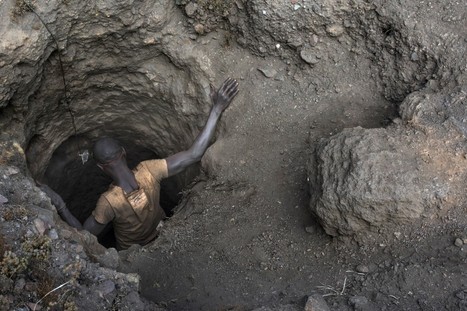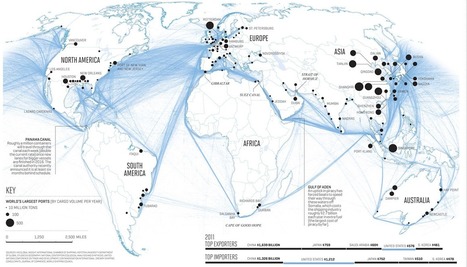Tiny Tamaula is the new face of rural Mexico: Villagers are home again as the illegal immigration boom drops to net zero. Full story on CSMonitor.com: http:/...
Contrary to popular opinion, illegal immigration from Mexico to the United States is not really a problem in 2012. As conditions on both sides of the border have changed, this gives a glimpse into the life choices of Mexican villagers. For more on this issue see the complete article at: http://www.csmonitor.com/World/Americas/2012/0408/Home-again-in-Mexico-Illegal-immigration-hits-net-zero ;
Via
Michael Miller



 Your new post is loading...
Your new post is loading...











